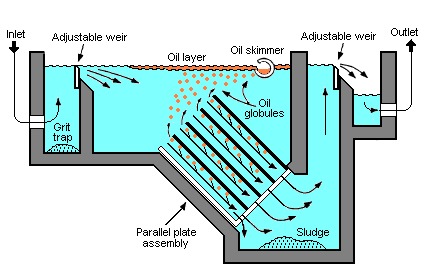- Course No E – 1342
- PDH Units 3.00
No data found for Custom Course Number
No data found for Custom Course Units
- Course No E – 1342
- PDH Units 3.00
Intended Audience: mechanical engineers and other design and construction professionals
PDH UNITS: 3
The term “closed water system” refers to a water system that is used to provide heating, cooling, or both for industrial processes or facilities. The system is sealed (closed), sometimes under pressure, and is not open to the atmosphere. No evaporation takes place and, with good operation, water is lost only minimally from the system. In general, water treatment for closed systems is much easier than for open systems. Makeup water is needed only to replace seal leakage and other incidental leakage. Because of the small makeup water requirements of these systems, they require little chemical treatment, which can be added intermittently as needed. Once properly treated, the system water does not form scale and has little or no corrosion potential. Two main types of closed water systems are used at many installations: hot water closed heating systems and chilled water closed cooling systems. Course Outline 1. INTRODUCTION 2. WATER TREATMENT FOR CLOSED SYSTEMS 3. WATER SAMPLING AND TESTING OF WATER SYSTEMS This course will give you professional tools that will allow you to address water treatment issues associated with closed industrial water systems.
Learning Objectives
At the successful conclusion of this course, you’ll be able to identify and discuss:- Learn about treatment of hot water systems;
- Learn about treatment of closed chilled water systems, brine systems, and glycol systems supply cold or chilled water for cooling processes and air conditioning;
- Learn about treatment of diesel engine jacket cooling systems;
- Learn about water treatment programs for both closed hot water and closed chilled water systems to control corrosion and deposition of microbiological organisms;
- Learn about treatment of makeup water;
- Learn about corrosion control program options;
- Learn how to implement sulfite-caustic treatment programs;
- Learn how to manage a nitrite-azole treatment program; and
- Learn about polysilicate-azole treatment programs.
Once completed, your order and certificate of completion will be available in your profile when you’re logged in to the site.










